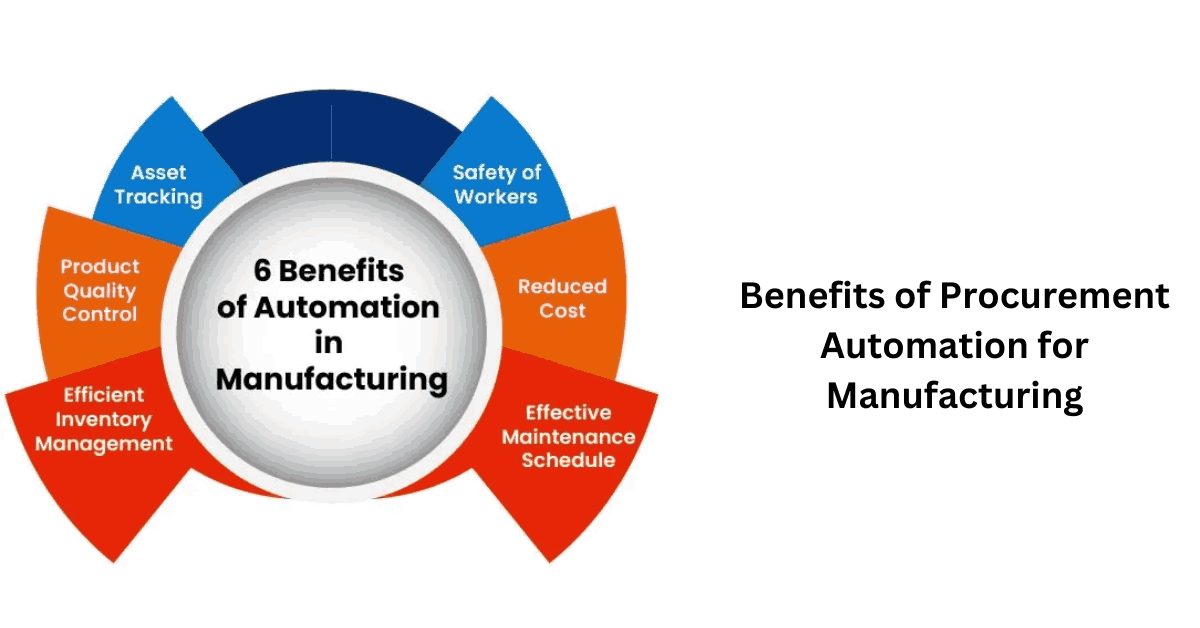Procurement automation is used in various industries to streamline the manufacturing process. It is used in collaboration with enterprise resource planning (ERP) systems that help companies manage their finances, inventory, project timelines, and more.
Using an ERP system for procurement helps manufacturers find the right products at competitive prices to make their processes more efficient. Here are four of the benefits of using an automated system:
Table of Contents
1. Find the Most Effective Parts
An ERP system for procurement helps manufacturers store and search for product data. This feature aids in finding part specifications that match their existing products. ERP systems also allow manufacturers to search for or design new parts that would be more effective for their projects.
A procurement image search database will allow users to upload a photo or drawing of the parts they need, and the system will identify potential matches. This enables them to find the most suitable parts to optimize their final products and assembly processes.
Some automation systems help manufacturers find appropriate alternative parts to meet their needs. This allows them to maintain their business operations in the case of a product shortage or price increase.
2. Save Time and Money
A specialized procurement database helps manufacturers automate their parts delivery, reducing turnaround production times. They can adjust their system preferences to search for and order parts according to their production schedule.
This allows them to complete these procurement orders on-site or from remote locations due to the flexibility of cloud-based systems. This helps manufacturers stay on schedule and make the most of their time and money.
Procurement automation also allows them to spend less time tracking their inventory needs and to focus on optimizing other business aspects, like time management or budget creation.
3. Optimize Processes and Final Products
An automated ERP procurement system also features the option to create more effective final products. These systems search for the closest parts that match the project’s needs. ERP systems also store product information to streamline ordering and production workflows.
Records of past orders give manufacturers insights into the needed parts when creating new products with similar functions. Manufacturers can use ERP tools to digitize their part mockups and apply them to 3D renderings. This feature helps make the production process more accurate.
4. Consolidate Suppliers
EPR systems automatically link supplier information to parts and products purchased in the past. This helps manufacturers easily find specifications and contact information for future purchases.
EPR systems also help manufacturers find the best supplier for their needs. The system will compare prices for needed parts, informing manufacturers of average costs or pricing inconsistencies.
Find an ERP System for Procurement
Manufacturers in various industries can use automated procurement services to enhance production efficiency. An ERP system reduces the time they spend searching for parts by giving them access to various procurement and inventory management tools.
ERP systems are also useful for managing budgets and employee data to improve a company’s workflow and maximize resources. Contact an ERP system provider today to learn how it can benefit your manufacturing company.
